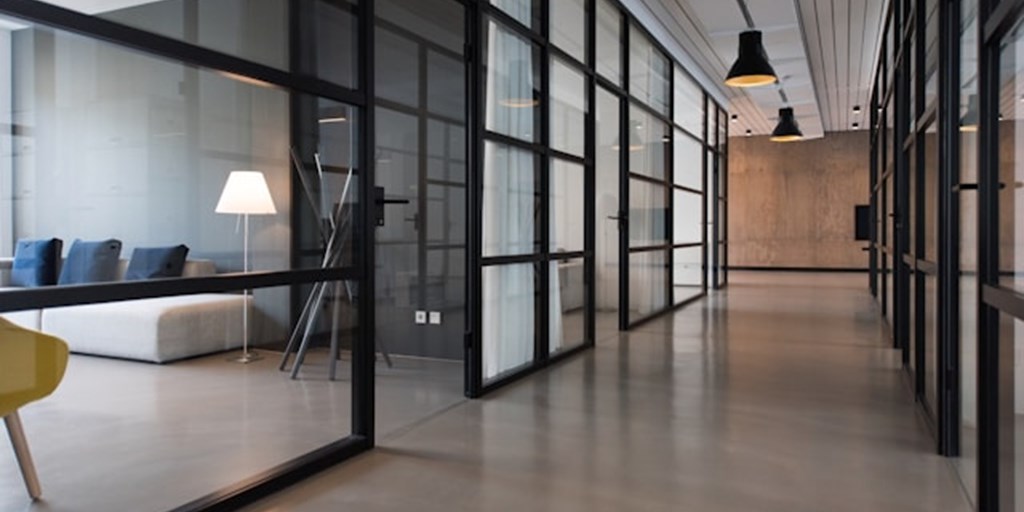Trips, Falls, and Liability: Exploring Premises-Related Injuries

Navigating the complexities of premises liability is essential for individuals who have sustained injuries due to accidents such as trips and falls on another person's property. These incidents can result in serious harm and lead to legal disputes regarding liability. In this blog post, we'll explore the nuances of premises-related injuries and the corresponding legal responsibilities in the state of California.
Understanding Premises Liability in California
Premises liability pertains to the legal obligation held by property owners or occupants to guarantee that their premises remain reasonably safe for visitors and guests. This responsibility encompasses the upkeep of the property to mitigate the likelihood of foreseeable accidents and injuries.
Common Causes of Premises-Related Injuries
Premises-related injuries can occur due to various hazards and dangerous conditions on the property. Some of the common causes include:
- Slippery or Wet Surfaces: Spills, leaks, or inadequate drainage can create slippery conditions, increasing the risk of slip and fall accidents.
- Uneven or Defective Flooring: Cracks, potholes, loose floorboards, or uneven surfaces can pose tripping hazards, especially in areas with high foot traffic.
- Poor Lighting: Inadequate lighting in stairwells, hallways, or outdoor pathways can obscure hazards and contribute to accidents.
- Lack of Handrails or Guardrails: Missing or improperly installed handrails and guardrails can heighten the risk of falls, particularly on staircases or elevated platforms.
- Negligent Maintenance: Failure to address maintenance issues promptly, such as broken steps, loose handrails, or malfunctioning elevators, can increase the likelihood of accidents.
Legal Considerations and Liability
In California, property owners owe different levels of duty of care to visitors based on their legal status:
- Invitees: Property owners have a duty to maintain their premises in a safe condition and warn invitees (such as customers or clients) of any known hazards.
- Licensees: Property owners must warn licensees (such as social guests or friends) of known dangers that are not obvious and may not be easily discovered.
- Intruders: Although property owners typically have reduced obligations towards intruders, they are still required to avoid deliberately or intentionally inflicting harm.
Proving Liability and Seeking Compensation
To establish liability in a premises-related injury case, the injured party must demonstrate the following elements:
- Duty of Care: The property owner owed a duty of care to the injured party based on their legal status.
- Negligence: The property owner neglected their responsibility by not upholding proper care standards for the premises or notifying of existing dangers.
- Cause and Effect: The negligence directly led to or played a role in the occurrence of the accident and subsequent injuries.
- Harm: The injured individual experienced various losses, including medical bills, income loss, and emotional distress, stemming from the accident.
Consulting with a skilled personal injury attorney is essential for navigating premises liability claims in California. An attorney can assess the circumstances of the accident, gather evidence, and advocate for fair compensation on behalf of the injured party.
Reach Out to a California Premises Liability Attorney
Premises-related injuries, including trips and falls, are common occurrences that can lead to significant harm and legal disputes regarding liability. Property owners in California have a duty to maintain safe premises and protect visitors from foreseeable hazards. Understanding premises liability laws and seeking legal guidance can help injured individuals pursue compensation and hold negligent property owners accountable for their actions. Reach out to Harris Personal Injury Lawyers by calling 1-800-GO-HARRIS or by filling out our contact form here.
< Back to all news

